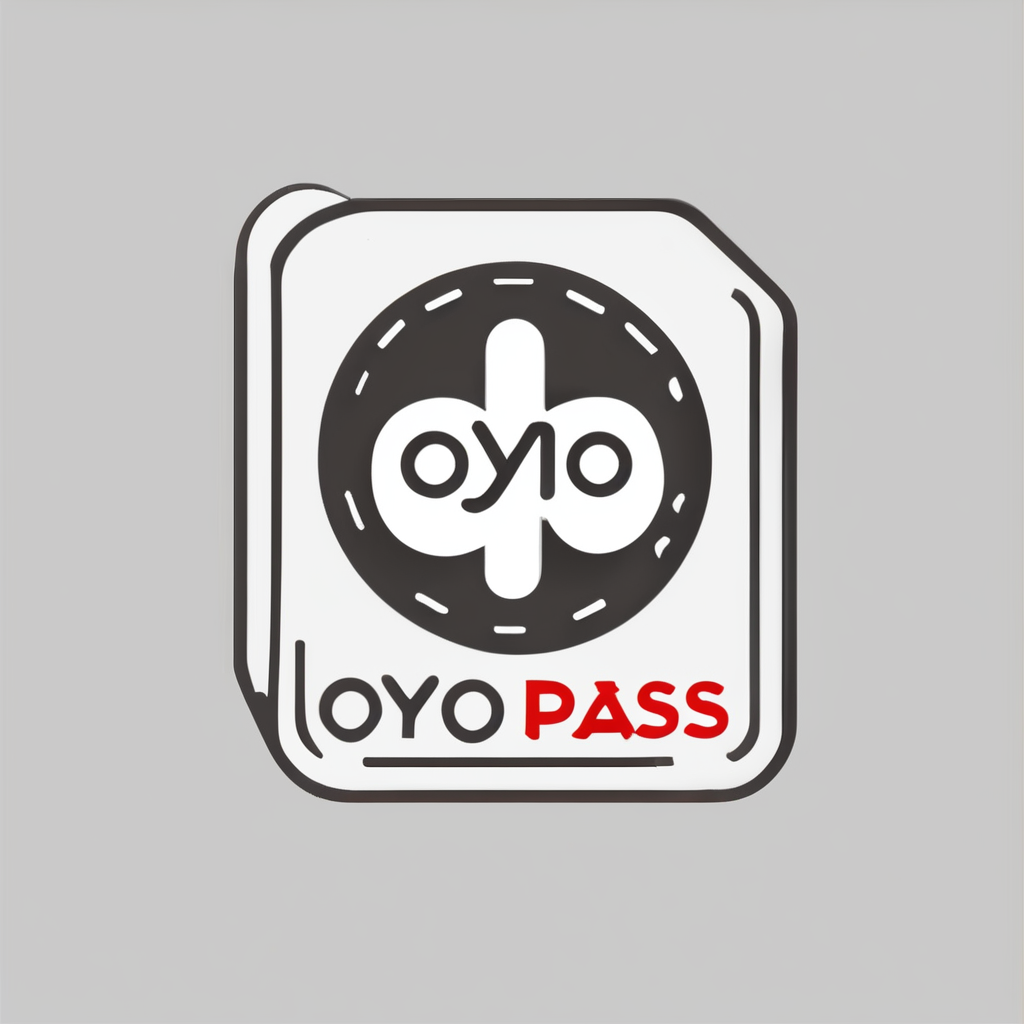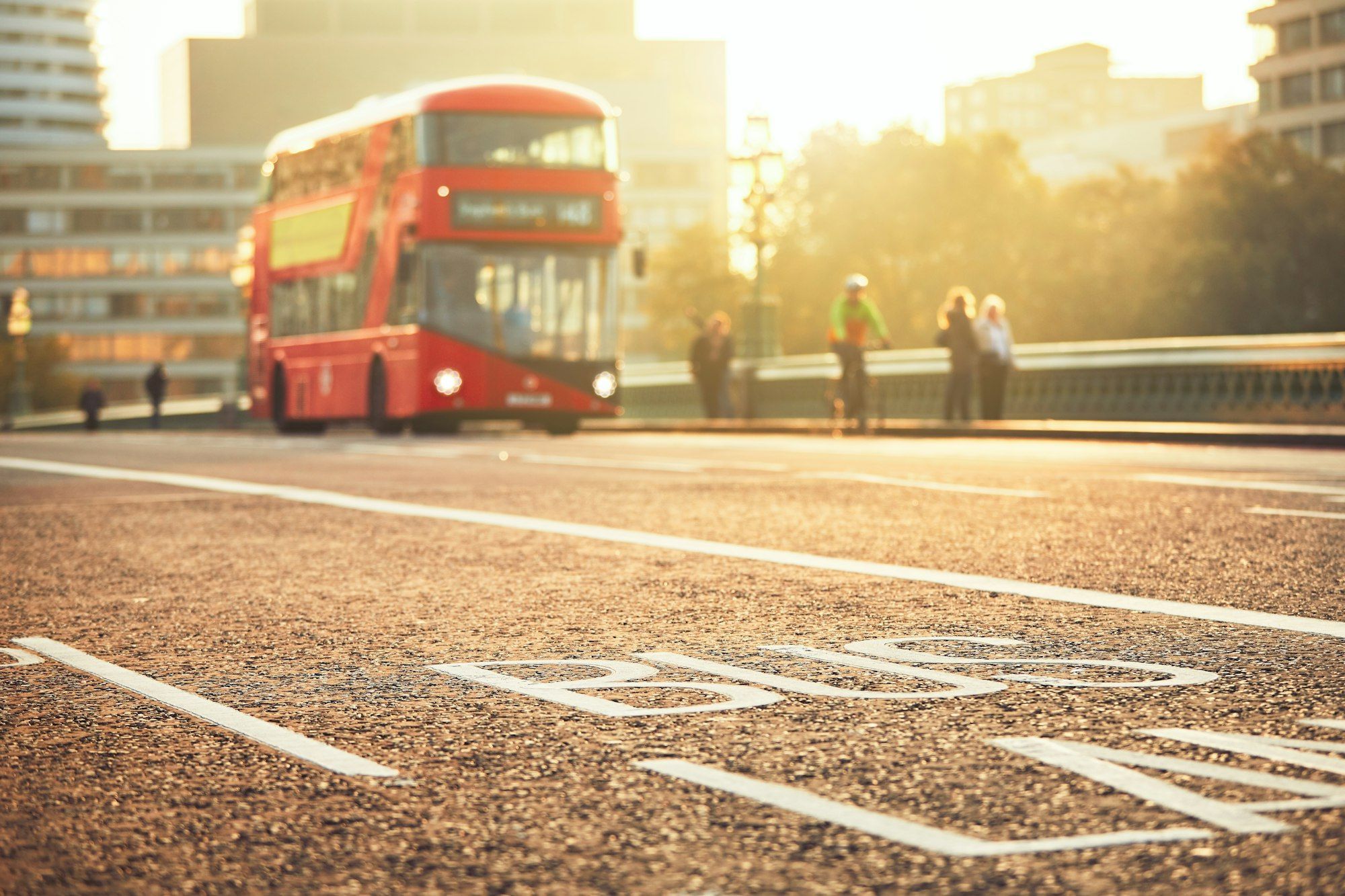Navigating the London Underground can be daunting at the best of times, but throw in a toddler, and the challenge multiplies. London’s public transport system, with its sprawling network, can be incredibly efficient if you know how to use it. This article aims to equip you with comprehensive tips and tricks for travelling with a toddler on the London Underground, ensuring a smooth and enjoyable journey for you and your little one.
Planning Your Journey in London with a Toddler
When travelling through London with a toddler, planning is your best friend. The first step is to familiarize yourself with the Tube map and identify which stations and lines you will be using. Take note of important details such as which stations have step-free access and which ones are busiest during rush hour.
This might interest you : Mastering the essentials of your usa tourist visa journey
Traveling with a toddler often involves extra baggage, such as a buggy or stroller. Opting for stations with step-free access can make your journey far more manageable. The Transport for London (TfL) website offers a helpful tool to check for step-free routes. This will help you avoid unnecessary stress at stations that only have stairs.
Further, consider travelling outside of peak times. The London Underground can be particularly crowded during rush hour (typically between 7:30-9:30 AM and 5-7 PM). Traveling off-peak will not only make the environment less stressful but also safer for your toddler, avoiding the crush of commuters.
Also to see : What are the best practices for photographing Edinburgh’s iconic skyline?
Lastly, download the TfL app to get real-time updates on any delays or changes to the service. This can be invaluable for making last-minute adjustments to your plan.
Understanding Your Ticket Options: Oyster Card and More
When travelling with a toddler, understanding your ticket options can save you both time and money. Children under the age of five travel free on all TfL services, including the London Underground, buses, and trains. However, for older children, the best option is often an Oyster Photocard or a Zip Oyster card.
An Oyster card is a convenient and cost-effective way to pay for travel in London. For children aged 5-10, a Zip Oyster Photocard allows them to travel for free on buses and trams, and at a discounted rate on the Tube, DLR, London Overground, and some National Rail services.
To acquire a Zip Oyster Photocard, you need to apply online, providing proof of your child’s age and a photograph. This card will be mailed to you and can be topped up as needed. Alternatively, you can purchase a Visitor Oyster Card for yourself, which offers discounted travel and can be pre-loaded with credit before your trip.
For occasional travelers, contactless payment cards are also a viable option. These work similarly to an Oyster card but do not require the initial setup or application process. Just tap your contactless card on the reader at the start and end of your journey, and it will automatically calculate the best fare for you.
Navigating Tube Stations with a Toddler and Buggy
Navigating Tube stations with a toddler and a buggy can be challenging, but with a bit of preparation, it can be quite manageable. Start by identifying the step-free stations on your route. These stations have lifts or ramps, making them accessible for buggies and wheelchairs.
Many central London stations, such as King’s Cross St. Pancras, Liverpool Street, and Stratford, offer step-free access. However, not all stations are fully accessible, so it’s crucial to plan your route accordingly. If you find yourself at a station without step-free access, look for staff assistance. TfL staff are generally helpful and can guide you to the nearest accessible station or help you navigate stairs.
When using escalators, always ensure that your child is safely secured in the buggy. Keep one hand on the buggy at all times and use the other to hold the handrail. Elevators are available at many stations but can be slower, especially during peak times. If you’re in a rush, consider using the escalator while being extra cautious.
For those traveling with a baby or very young child, a baby carrier can be a lifesaver. It allows you to keep your hands free and navigate stairs and crowds more easily. However, carrying a toddler for an extended period can be tiring, so weigh the benefits against the potential strain.
Tips for a Smooth Journey on the London Underground
Once you’re on the London Underground, there are several strategies you can employ to ensure a smooth journey. First, always aim to board the train at the front or back carriages, as these are generally less crowded than the middle ones. This gives you more space to maneuver a buggy and keeps your toddler more comfortable.
If you’re traveling with a partner or another adult, one of you can board the train first to secure a spot, while the other stays with the buggy and toddler until everyone is safely on board. If you’re alone, don’t hesitate to ask fellow passengers for assistance; Londoners are generally quite helpful, especially towards parents with young children.
When the train is in motion, ensure that the buggy is securely positioned and that your toddler is safely seated. Use the priority seating areas, which are designed for parents with young children, pregnant women, and the elderly. These seats are usually marked with signs and are located near the doors for easy access.
Always keep an eye on your belongings and be mindful of your surroundings. The London Underground can be a busy and, at times, overwhelming place, but remaining vigilant can help you avoid any mishaps. If your child becomes restless, try to keep them entertained with toys, books, or electronic devices. A well-occupied toddler is less likely to become agitated and create additional stress for you.
Making the Most of Your Day with Public Transport in London
London’s public transport system offers a multitude of options for making the most of your day. Beyond the London Underground, the city’s bus network is extensive and can be a more relaxed way to travel, especially with a toddler. Buses offer free travel for children under five and provide convenient access to many of London’s top attractions.
If you plan to explore central London extensively, consider getting a travel card for unlimited travel on buses, Tubes, and trams for a specified period. This can be particularly useful if you’re spending a full day exploring different parts of the city.
One of the key advantages of using the bus network is the ability to see the city as you travel. Unlike the underground, buses offer views of London’s iconic landmarks, making the journey itself a part of your travel experience. This can also be more engaging for your toddler, who might enjoy looking out the window at the bustling city streets.
For families opting for a more leisurely mode of travel, riverboat services on the Thames offer a scenic and enjoyable way to see London. These boats are part of the public transport system and accept Oyster cards, making them an easy and exciting addition to your itinerary.
Remember to always take breaks and allow for plenty of time to move between attractions. Travelling with a toddler means needing extra time for everything, from nappy changes to snack breaks. Pace your day to accommodate these needs, and don’t try to cram too much into a single outing.
Navigating the London Underground with a toddler may seem like a daunting task, but with careful planning and a few strategic tips, it can be a manageable and even enjoyable experience. By understanding your ticket options, planning your route with step-free stations, and knowing how to navigate both the Tube and bus networks, you can ensure that your travels in London are as smooth and stress-free as possible.
Remember, the key to a successful journey is preparation. With a bit of forethought and the right tools at your disposal, you’ll be well-equipped to handle the challenges of travelling with a toddler in one of the world’s busiest cities. Enjoy your time in London and make the most of the wonderful experiences the city has to offer.











